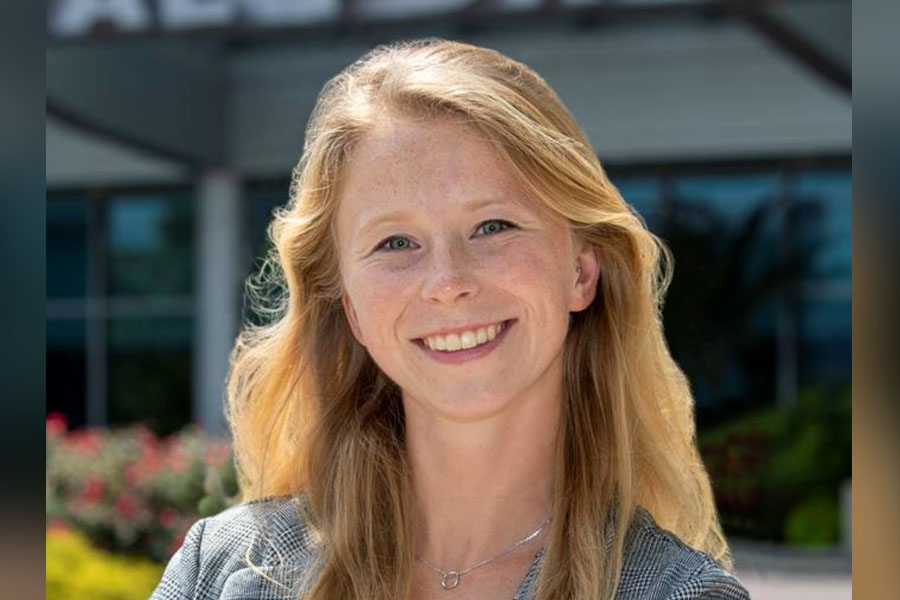What is your current role in health care?
“I am an administrative fellow at Geisinger. I have the unique opportunity to sit on both the clinical enterprise and the health plan side. I am working to understand how health plans and health systems can work together to reduce costs and have higher quality outcomes.”
What stands out as a favorite memory during your time as an MHA student?
“I think the one memory that symbolizes our class is that somebody had the idea to make all of our virtual backgrounds our main classroom (D325 Mayo) to see if our professors noticed. I think Dr. Abraham was the first professor we tried it on, and she just kind of stared at us, smiled, nodded and kept teaching. But it kept us laughing and it was things like that we did to enhance the experience of having class online. Of course, there was also Ryan Armbruster’s emceeing of trivia night.”
How has the MHA Program helped prepare you for your career?
“The first one is teaching me how to be confident. I still definitely felt imposter syndrome coming into the fellowship, but the MHA program does prepare you to talk with different leaders across the organization. I felt like I was able to overcome those feelings of, ‘gosh, what did I get myself into, I know nothing,’ relatively quickly, once I was able to learn the organization. The second thing that the program taught me was how to effectively share my ideas. I never truly thought that an organization would want to hear from a fellow coming in, but they do. Having an outside perspective is super important, and I really do think that the program helped build that by supporting the problem-solving class and case competitions.”
What challenges and opportunities will healthcare leaders encounter in the next 5-15 years? What skills will leaders need to be successful in light of these challenges and opportunities?
“Right now, the biggest problem that we’re facing is staffing. Unfortunately, I don’t really see that going away anytime soon, and we can’t forget that all frontline workers are tired. So leaders are going to have to find a better way of adapting and giving employees what they need. Leaders need to be open to adopting care models that make work-life balance easier and more sustainable so that staff doesn’t feel so burnt out. They’re going to have to find a space to invest in wellness initiatives at a greater level.
I think that one of the biggest skills that we sometimes forget when we’re on autopilot every day is to listen, recognizing that the person above you and below you may have solutions. We need to make sure that we’re asking questions and being prepared to listen to honest answers. It is our job as leaders to help bring people together to find the solution.”
If you could give one piece of advice to a current student, what would it be?
“Own what you do and don’t know. In being in this fellowship, I have learned it’s important for students to have a better understanding of what they know because I think that helps you understand your strengths and will help you understand how you can work with other people better.”
Why is your class the best class ever?
“I think my answer would be that we are probably the best class ever because we were one of the most resilient classes. Our class was definitely not afraid to face challenges head-on if something didn’t feel right.”

